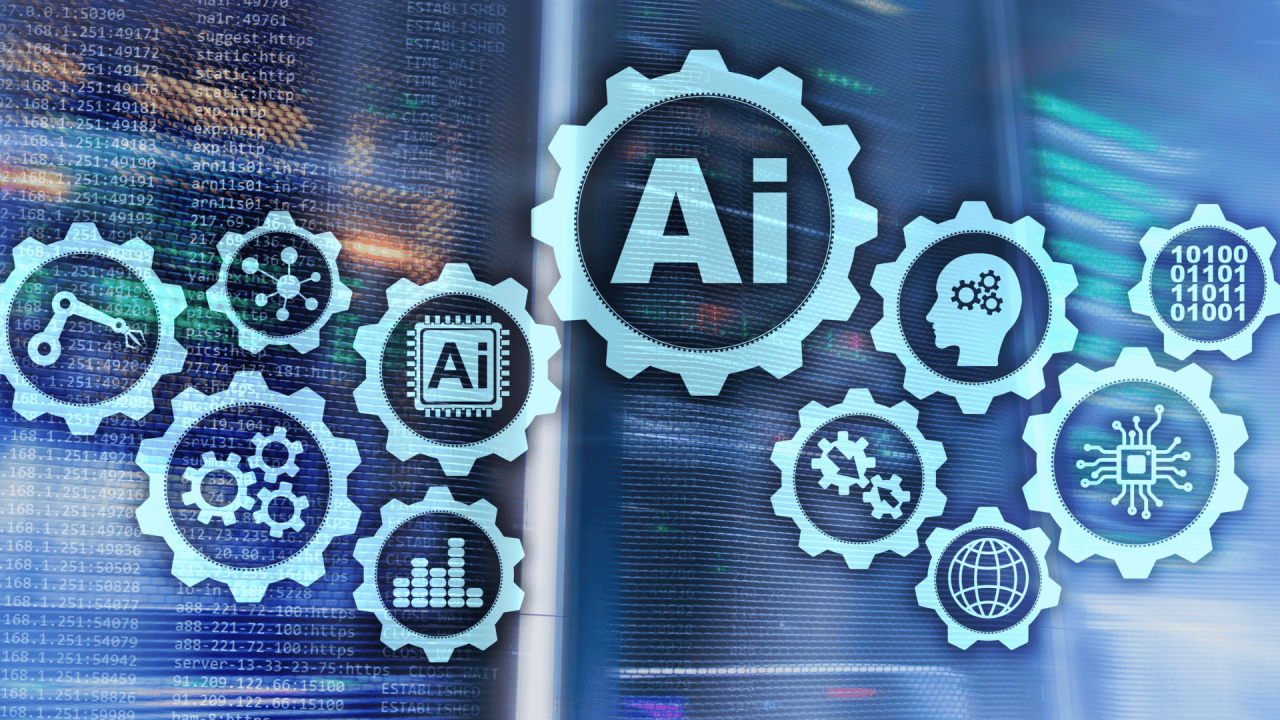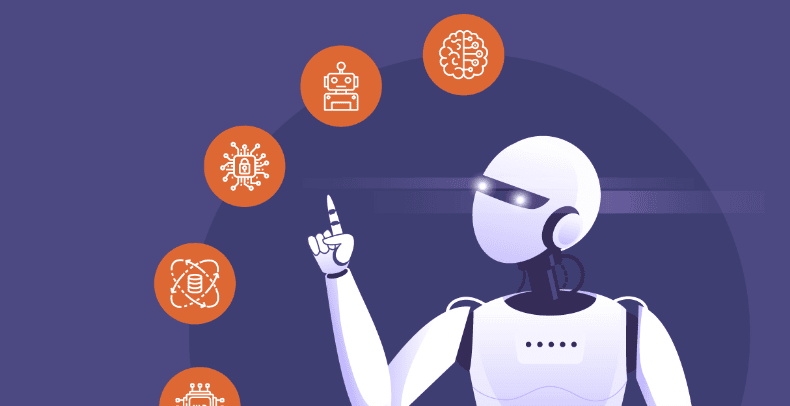Building an Inclusive AI Workforce
Building an Inclusive AI Workforce

The future of work is upon us, driven by Artificial Intelligence (AI), automation, and digital transformation. However, this transformation needs to be inclusive and equitable to ensure everyone has the opportunity to thrive.

The skills required for success in the AI age are evolving. Here are some crucial aspects to consider:
- Equipping the Next Generation: Educational programs at all levels should integrate AI literacy and responsible AI practices to prepare future generations for the AI-driven workplace.
- Critical Thinking Skills: The ability to analyze information, identify potential biases, and make sound judgments is essential in the age of AI.
- Promoting Diversity in AI Development: A diverse range of perspectives in AI development is crucial to avoid bias and ensure ethical considerations are addressed.
Building a Future-Proof and Inclusive Workforce:
In addition to the strategies outlined previously, here are some additional considerations for building a future-proof and inclusive workforce:
- Focus on AI Education: Integrate AI literacy and responsible AI practices into educational programs at all levels.
- Mentorship and Sponsorship Programs: Connect underrepresented minorities with established professionals in the field of AI to provide guidance and support.
- Addressing Biases in AI Algorithms:
While AI algorithms boast high accuracy rates, these results are not universal. A growing body of research exposes concerning racial and gender biases in face recognition technology.
The Problem:
- Studies reveal higher error rates for individuals who are female, Black, and young.
- Independent assessments confirm these biases, with some algorithms misidentifying Black females at significantly higher rates compared to lighter-skinned males.
The Impact:
- Biased face recognition algorithms used by law enforcement can lead to wrongful arrests and incarceration of innocent people, particularly Black Americans.
- Unequal application of face recognition technology can exacerbate racial profiling and discrimination.
- Surveillance with biased algorithms can infringe on privacy rights and freedoms, particularly for marginalized communities.
Solutions:
- Technical Solutions:
- Training algorithms on diverse datasets that are representative of the population.
- Ensuring high-quality images of people with darker skin tones are included in training data.
- Regular and independent audits to identify and address algorithmic biases.
- Policy Solutions:
- Legislation to regulate the use of face recognition technology, particularly by law enforcement.
- Holding companies accountable for developing and deploying unbiased algorithms.
- Advocacy efforts to promote racial literacy in AI development and use.
Looking Forward:
The fight for equitable face recognition technology is part of a broader movement for fairness in AI. By addressing these biases, we can ensure AI algorithms are used ethically and responsibly, benefiting everyone.
